The Benefits Of Sulforaphane And Where To Find It
“Eat your vegetables” was probably a familiar mantra at the dinner table when you were growing up. Most likely, it was met with the predictable eye roll and, in one of your bolder avoidance moves, sneaking veggies off your plate and passing them under the table to Fido. Truth is, (hard as it may be to admit), your parents were right.Why should you eat your greens? Sulforaphane, an active compound found in cruciferous vegetables such as broccoli, cauliflower, cabbage, kale, and Brussels sprouts, may have positive benefits when it comes to addressing several health conditions, from diabetes and infections to cholesterol and skin damage, and more.
Although some of the sulforaphane benefits discussed here have been investigated in human trials, the trials are not considered sufficient to determine whether sulforaphane is actually effective for these purposes. The general consensus is that more research about sulforaphane’s effectiveness is required. In addition, sulforaphane supplements are available but lack solid clinical research and haven’t been approved by the FDA for medical use. Although manufacturers have set supplement standards, they don’t guarantee the safety or effectiveness of sulforaphane supplements. Consult with your doctor before beginning any sulforaphane supplement regimen.
Here are some of possible health benefits of sulforaphane.

Diabetes
Broccoli sprouts improve many parameters of diabetes. In type 2 diabetics, eating broccoli sprouts increased blood antioxidant capacity and HDL cholesterol, and decreased oxidative stress, triglycerides, insulin, insulin resistance, and CRP. Sulforaphane may also prevent diabetes-related complications, including tissue damage, vascular complications, heart damage, and diabetes-induced heart dysfunction.
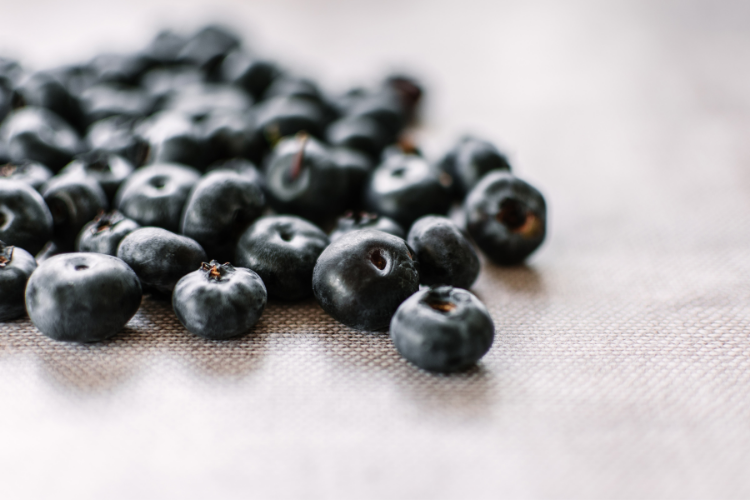
Cell Detox
Sulforaphane is an indirect antioxidant; in other words, it boosts the antioxidant capacity of your body’s cells. Sulforaphane may help the body detoxify airborne pollutants, pesticides, and heavy metals by activating detoxification systems. These potential benefits have only been studied in animals so far; these studies may or may not translate to human trials.
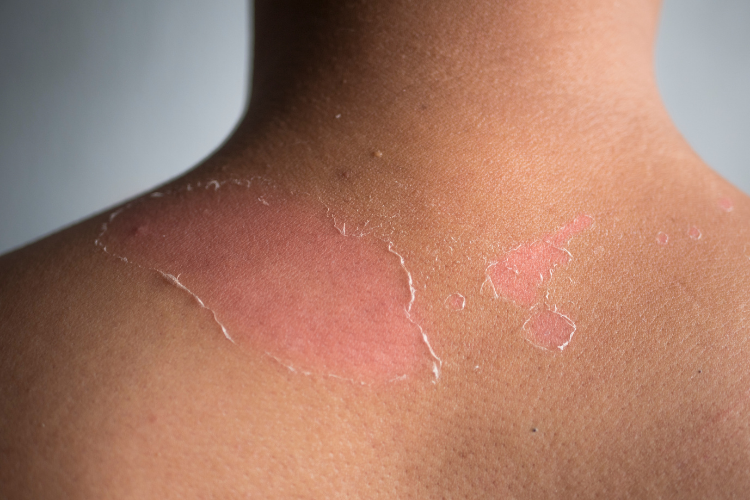
Skin Damage
Sulforaphane may provide protection against UVA and UVB inflammation, sunburn, and skin damage. UV radiation induces direct DNA damage and inflammation, and also suppresses the immune response. Sulforaphane-rich extracts of three-day-old broccoli sprouts increased protection against UV radiation-induced inflammation and edema in mice, and reduced susceptibility to erythema (skin redness) in humans.
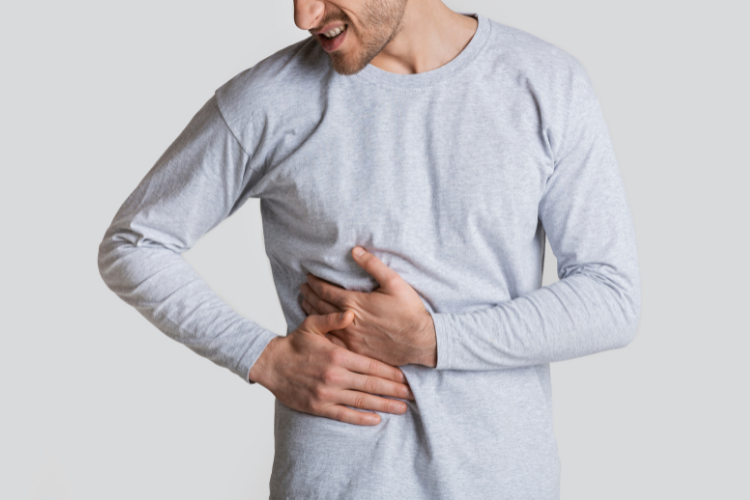
Liver Function
In men with fatty liver, broccoli sprouts improved liver function; in animals, sulforaphane protected against a wide variety of liver diseases caused by toxic chemicals, alcohol, drugs, and high-calorie diets. Sulforaphane also inhibited alcohol-induced fatty liver in mice.

Bacterial and Fungal Infections
In one study, 23 out of 28 tested bacterial and fungal species were inhibited by sulforaphane when directly exposed in a dish. Mycobacterium abscessus is frequently found in patients with cystic fibrosis and in immunosuppressed patients. Pretreatment of macrophages with sulforaphane significantly decreased bacterial burden, but this has not been repeated in animals or humans.
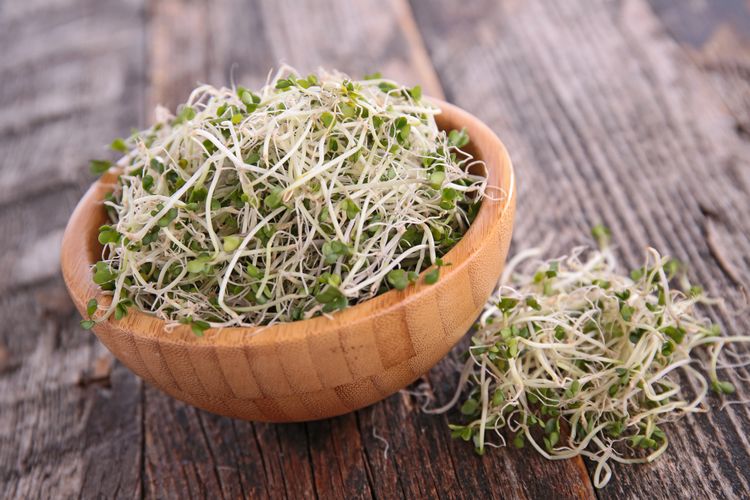
Cholesterol
Eating broccoli has been shown to significantly reduced LDL cholesterol in 37 humans. In 12 healthy subjects, eating fresh broccoli sprouts (100 g/day) for one week decreased total and LDL cholesterol, and increased HDL cholesterol.
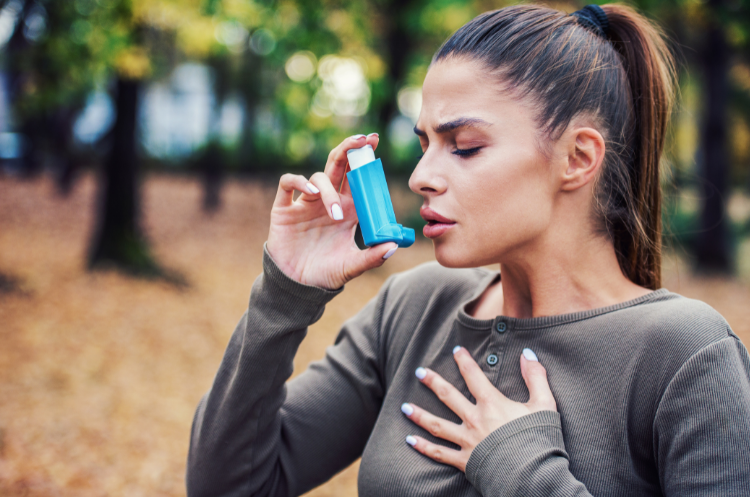
Asthma
Sulforaphane has had beneficial effects in animals with asthma and airway inflammation, but studies in humans are less conclusive. Broccoli sprout extract suppressed airway inflammation in humans exposed to diesel exhaust particles (equivalent to daily PM exposure levels on a Los Angeles freeway). Sulforaphane also improved airway and lung constrictions caused by methacholine in 60% of moderate asthmatics. However, in 20% of the asthmatics, sulforaphane worsened the constrictions. In other human trials, broccoli sprouts did not improve asthma, chronic obstructive pulmonary disease (COPD) symptoms, or ozone-induced airway inflammation. COPD patients have innate immune dysfunction in the lung, often resulting in bacterial infections. Sulforaphane enhanced bacterial clearance and reduced inflammation in mice exposed to cigarette smoke for six months.
